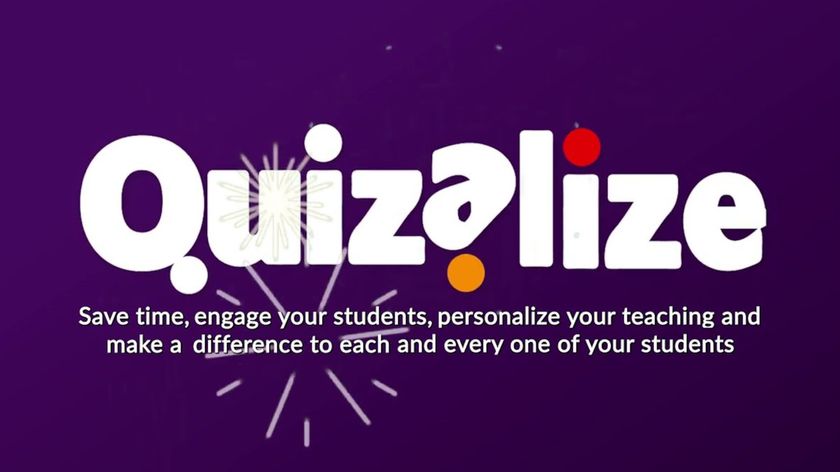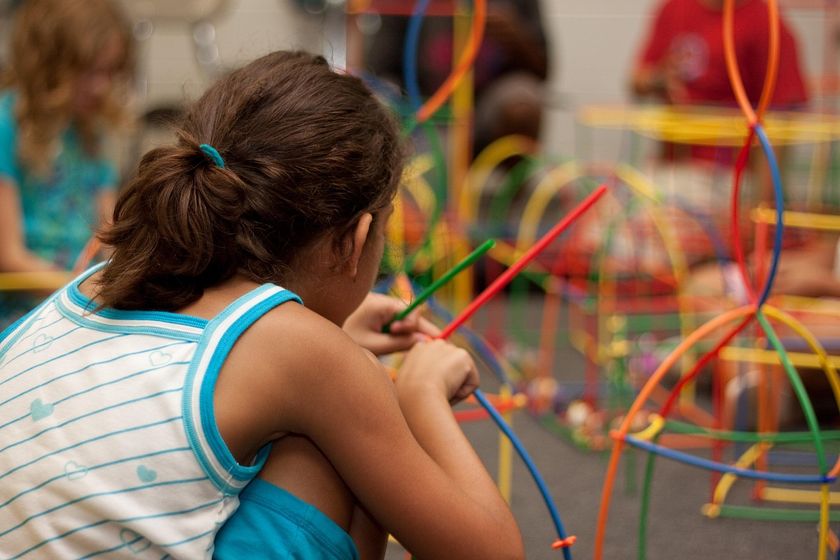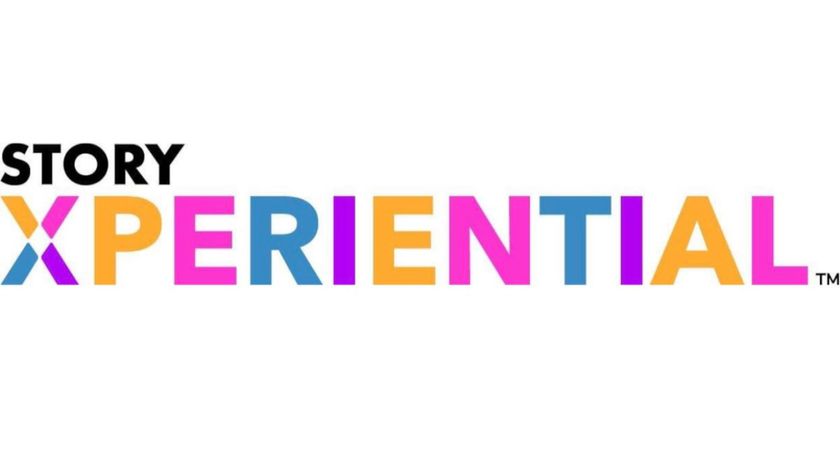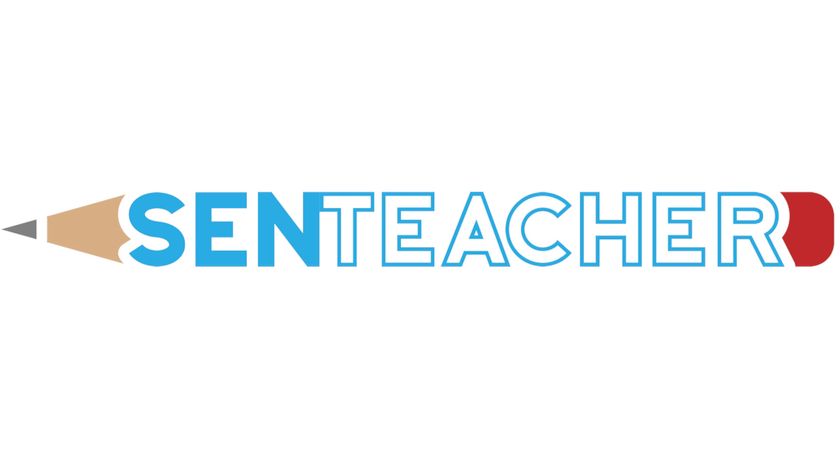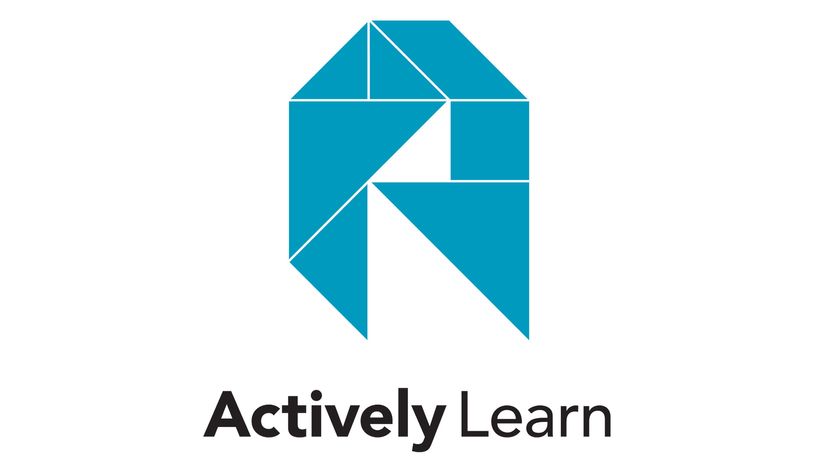Is Your New Teacher Working Out? Best Practices for Assessing New Teachers
When assessing new teachers' performance, here's what to consider

New teachers have varied experiences as they navigate their first years of full-time teaching. Some may have completed traditional teacher education programs while others may be career changers who will use their experience and expertise from industry to support their pedagogical practice.
Regardless of the background of a new teacher, they will need to be assessed to ensure that they are meeting expectations and maximizing instruction to support all learners. Assessing new teachers also provides a pathway to understanding what areas of support they may need to be successful.
Here are a few tips on what to look for when determining if a new teacher is working out or not.
Assessing New Teachers: Command of Classroom
Classroom and behavior management can be a challenge for new teachers. And different factors, such as overall school climate, number of students, grade level, and societal environments, can impact student behavior.
As you conduct informal and formal observations of new teachers, pay close attention to how well they command the classroom. This includes managing student behavior, redirecting students without a long pause in the learning activity for other students, and handling side student discussions during formal lessons.
Also consider how often the new teacher may call on other teachers and/or administration to assist them with a student who is not complying with directives or following classroom behavior norms. Look over any classroom management tools such as ClassDojo and conduct an audit on data to see if it skews more toward behavior concerns versus positive praise of students.
Quality of Lessons
Most schools require unit and/or weekly lessons to be submitted before these are taught. While this practice is good for all teachers and helps with organization and staying ahead, it is especially critical for new teachers.
Tech & Learning Newsletter
Tools and ideas to transform education. Sign up below.
If a new teacher’s lesson plans are not thoroughly complete, lack creativity, and/or do not adhere to evidenced-based practices such as universal design for learning, they may be struggling with one of the most important aspects of their job—instruction.
It is best to have a lesson plan template available as well as a shared space using an online platform such as Wakelet. This way you can comment on the lessons and add ideas and resources, before and after meeting with the new teacher.
Commitment to Families and Communities
The families and communities of students play an integral role in the school experience for students. New teachers should know this as their training should have introduced them to Bronfenbrenner’s Ecological System Theory.
As such, it is vital that new teachers demonstrate a commitment to engaging with the families and communities of their students, and partnering with them in learning. Take a pulse of your new teachers’ engagement with families and communities. Are they offering two-way communication opportunities or just one-way? Are they planning for family engagement beyond the school day when some families may be at work? Have they explored the surrounding community and connected resources to lessons?
Willingness to Improve OR Receptiveness to Feedback
As you assess whether a new teacher is working out or not, consider how well they use feedback to improve their craft. Remind new teachers that no one has all the answers and that even veteran teachers learn new ways to continuously improve their practice.
However, if your new teacher is not receptive to feedback, or makes excuses to defend why they are teaching in specific ways, that may be a sign regarding their fit for the position. One of the hallmarks of teaching is that we as teachers are committed to lifelong learning, and this includes learning from our administrators, teacher leaders, and colleagues to improve.
Many ways to assess new teachers are available, and the tips here can get you started. Teaching is one of the most difficult professions and may not come easy to everyone, despite years of training. The most important aspect of determining if a new teaching is working out is to have information that you can leverage to support them.
Dr. Stephanie Smith Budhai is faculty member in the College of Education and Human Development at the University of Delaware, focusing on Educational Technology, Learning Design, and Justice-centered Pedagogies. She holds two national education technology leadership positions on the Information Technology Council and as Chair of the Culture and Climate Committee for the Society for Information Technology and Teacher Education (SITE). She holds a Ph.D. in Learning Technologies, and a M.S. in Information with a specialization in Library and Information Science, and K-12 teaching certifications in Technology Education, Instructional Technology and Business, Computers, Information Technology, Special Education and Elementary Education. Dr. Smith Budhai is the 2021 SITE Emerging Leader and the 2017 ISTE Awardee for Excellence in Teacher Education. She is also a Nearpod, and VoiceThread Certified Educator. Dr. Smith Budhai has more than a decade of online teaching experience, and has published myriad books (two have been translated into Arabic), articles, and invited editorials surrounding the use of technology and online learning in education. A few of her book publications include:
- Leveraging Digital Tools to Assess Student Learning
- Increasing Engagement in Online Learning: Quick Reference Guide
- Teaching the 4Cs with Technology
- Best Practices in Engaging Online Learners through Active and Experiential Learning Strategies
- Nurturing Young Innovators: Cultivating Creativity in the Classroom, Home and Community
